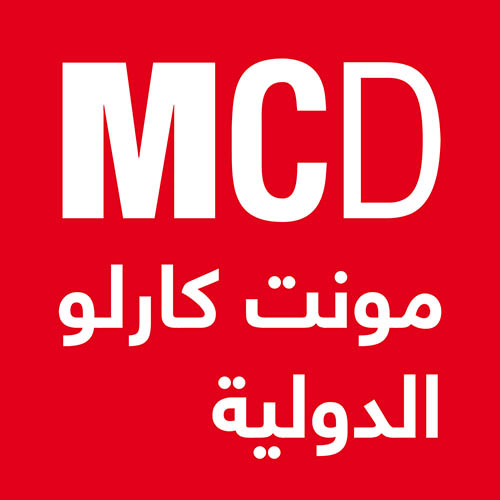Monte Carlo Doualiya radio interviewed Media Unlimited director Magda Abu-Fadil to discuss her take on mitigating the dangers of “fake news” and how journalists should verify sources.
“Digital” show host Nayla Al Salibi dedicated a segment to Abu-Fadil’s media and information literacy chapter in the UNESCO book/course “Journalism, Fake News and Disinformation” and the tools needed to handle misleading news before it’s published.

Monte Carlo Doualiya’s “Digital” show interviewed MU director Abu-Fadil
Abu-Fadil shed light on journalists’ issues in dealing with social media and dubious platforms as well as media ethics in the digital age since photos, videos and audio content can be manipulated with ease.
She insisted the expression “fake news” should not be used since it’s been weaponized by politicians, notably U.S. President Donald Trump and others, against their adversaries.
Abu-Fadil said disinformation and misinformation in the “post-truth” and “alternative facts” age were more appropriate, depending on their respective contexts.
You can hear the interview here [ 3].


